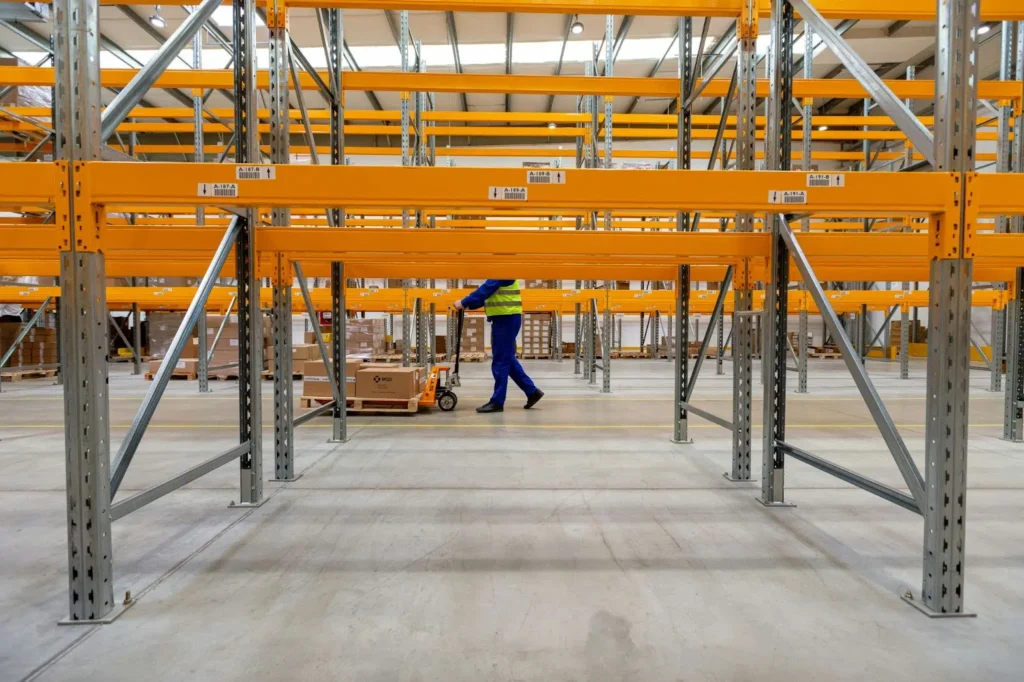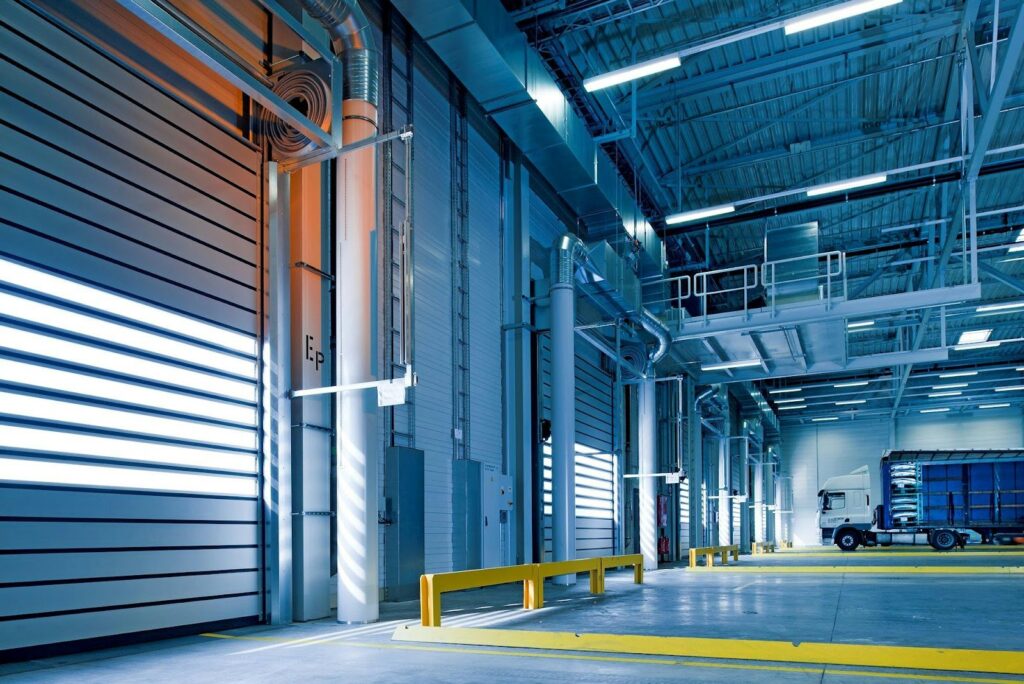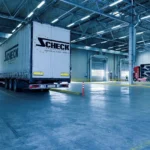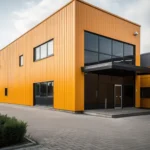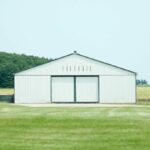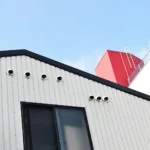In general, warehouses are difficult to price accurately due to the level of customizations, etc. but ballpark estimates for a simple warehouse is around $17 to $20 per square feet for PEMB materials and $6 to $10 SF for steel erection. This can also be highly variable based on supply/demand and other market factors. For a 50,000 SF steel warehouse, this equates to roughly $1,150,000 to $1,500,000 for materials and erection.
Now that we have a basic understanding of warehouse construction, let’s take a closer look at the specific costs involved.
Land Acquisition and Preparation Costs
The first step in building a warehouse is acquiring suitable land. The cost of land can vary greatly depending on location and availability. Factors such as proximity to transportation hubs, zoning regulations, and environmental impact assessments can all influence the final cost of land acquisition.
Additionally, site preparation costs, including clearing the land, grading for construction, and ensuring utility access, should be meticulously calculated and included in the overall budget to avoid any unforeseen expenses.
Furthermore, environmental considerations such as soil quality, drainage systems, and potential hazards must be taken into account during the land preparation phase to ensure the long-term stability and functionality of the warehouse facility.
Construction Material Costs
Construction materials play a crucial role in determining the quality and longevity of the warehouse structure. The choice of materials is influenced by various factors, including budget constraints, desired durability, and energy efficiency goals.
Commonly used materials in warehouse construction include steel for structural support, concrete for flooring and walls, and masonry for additional reinforcement.
Moreover, advancements in sustainable building practices have led to the integration of eco-friendly materials and technologies in warehouse construction, aiming to reduce environmental impact and operational costs in the long run.
Considering the life cycle of materials and their maintenance requirements is essential in selecting the most cost-effective and sustainable options for the project.
Labor Costs
Skilled labor is a fundamental component of any successful warehouse construction project. The expertise and efficiency of the construction team directly impact the quality and timeline of the build. Labor costs encompass not only wages but also insurance, benefits, and adherence to safety regulations.
Collaborating with experienced professionals in warehouse construction is paramount to ensuring a smooth and efficient building process, minimizing delays and potential rework.
Furthermore, establishing clear communication channels and fostering a collaborative environment among the construction team can enhance productivity and problem-solving capabilities, leading to a more streamlined and cost-effective construction process.
Did You Know?
Pre-engineered steel warehouses are one of the most cost-effective types of buildings to construct. This is because all of the building materials are pre-fabricated, which eliminates any potential delays that may occur at the building site. Each part of the frame is designed to fit together perfectly, with the steel panels forming the walls and ceiling. This results in lower labor costs to put up the building, and there is no excess building material that needs to be carted away to a landfill.

